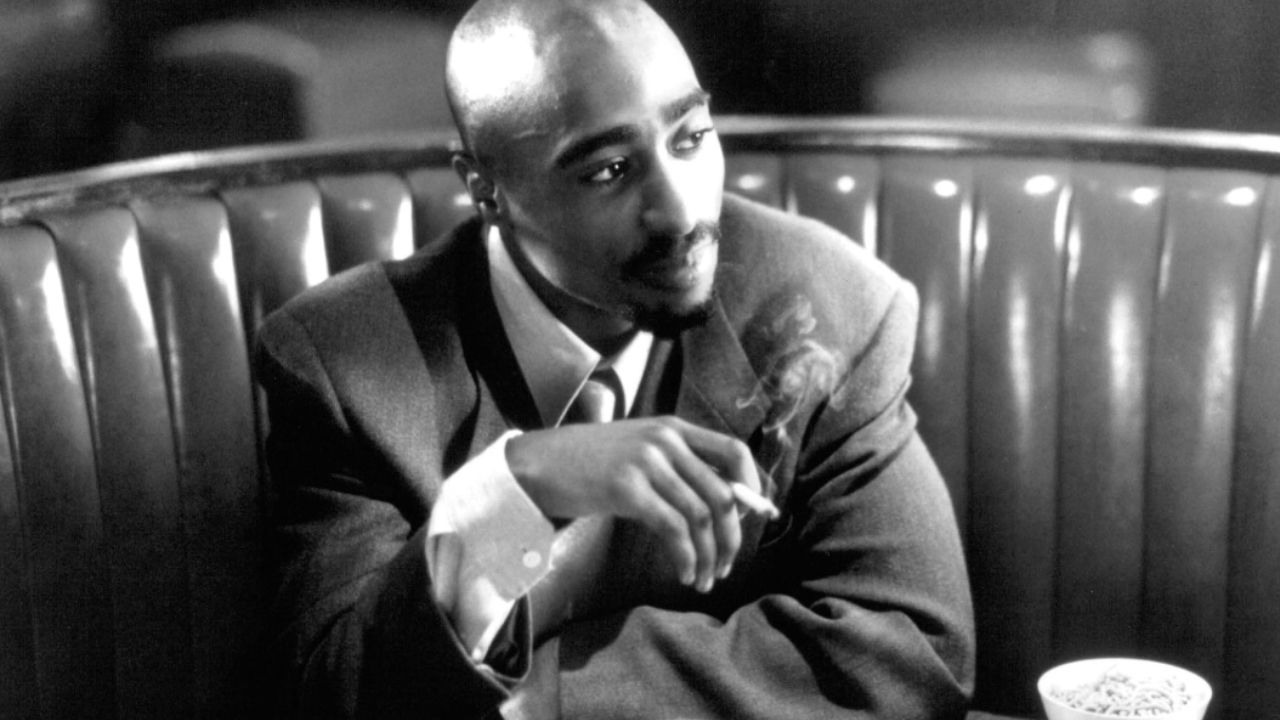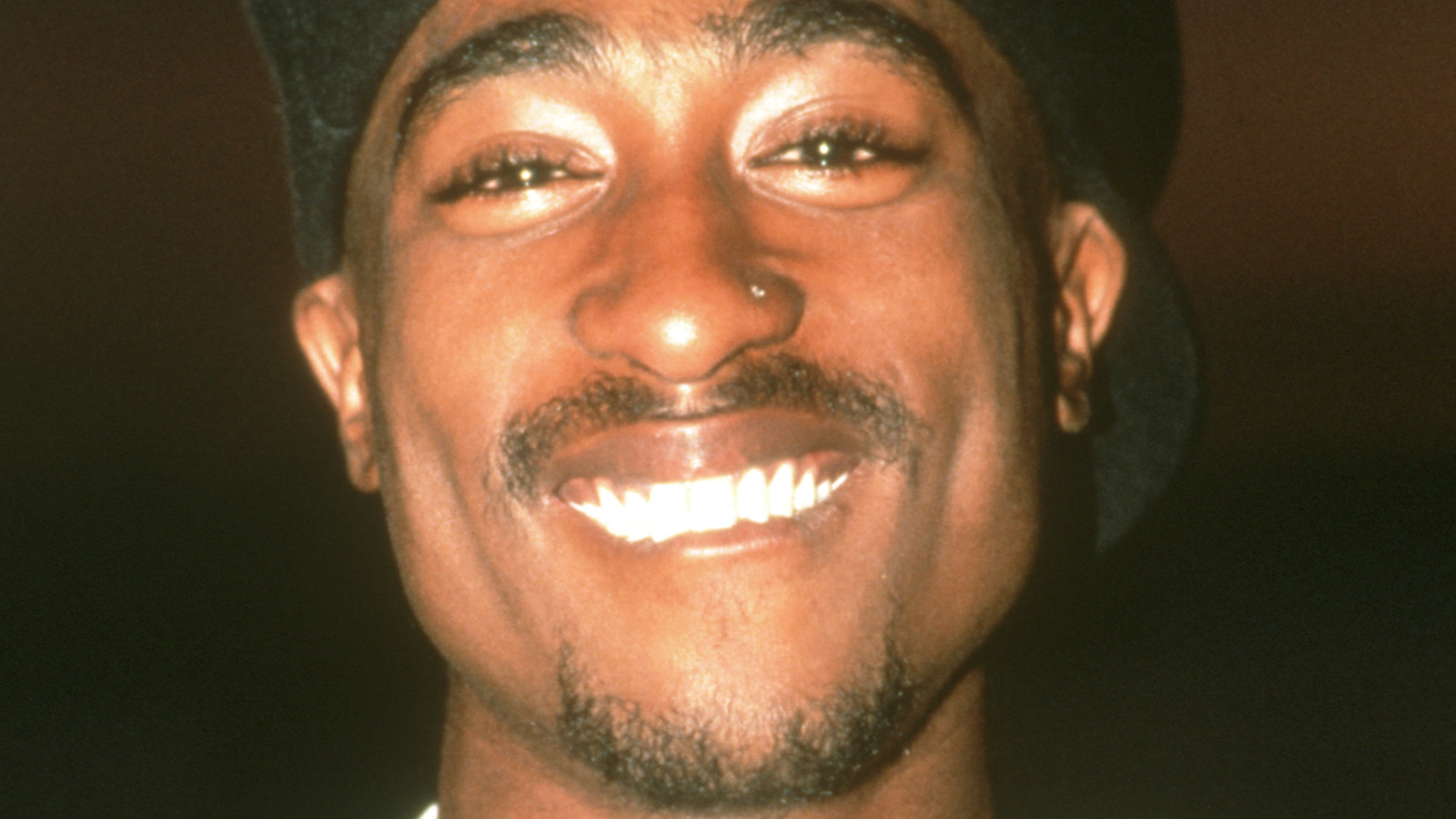Tupac Shakur's estate continues to thrive years after his untimely death, leaving many to wonder how much is Tupac's estate worth. The legendary rapper's influence on music and culture remains as potent as ever, ensuring his legacy endures through lucrative ventures and partnerships.
Tupac Shakur, or simply Tupac, was more than just a musician. His life, artistry, and the controversies surrounding him shaped an era in hip-hop history. Today, his estate is a testament to his enduring impact on the music industry and beyond. This article delves into the financial intricacies of Tupac's estate, shedding light on its current valuation and growth potential.
Join us as we explore the wealth amassed by Tupac's estate, its key contributors, and the factors driving its success. From album sales and royalties to merchandise and collaborations, we'll uncover what makes this estate one of the most valuable in the entertainment world.
Read also:Why Did The Cia Kill Kennedy Unveiling The Conspiracy Theories And Historical Facts
Table of Contents
- Tupac Shakur: A Brief Biography
- How Much is Tupac's Estate Worth?
- Revenue from Music Sales and Royalties
- Merchandise and Brand Partnerships
- Earnings from the Film Industry
- Value of Publishing Rights
- Impact of Legal Issues on the Estate
- Family's Role in Managing the Estate
- Future Prospects and Growth Potential
- Conclusion and Call to Action
Tupac Shakur: A Brief Biography
Tupac Amaru Shakur was born on June 16, 1971, in East Harlem, New York City. Known for his raw lyrics and socially conscious messages, Tupac became a defining figure in the hip-hop scene during the 1990s. His life was marked by both triumphs and turmoil, including multiple arrests, high-profile feuds, and ultimately, his tragic death in a drive-by shooting on September 13, 1996.
Before his passing, Tupac released several critically acclaimed albums, including "2Pacalypse Now," "All Eyez on Me," and "Me Against the World." His work transcended music, influencing culture, politics, and activism. Below is a brief overview of Tupac's life through key milestones:
Data and Biodata of Tupac Shakur
| Full Name | Tupac Amaru Shakur |
|---|---|
| Date of Birth | June 16, 1971 |
| Place of Birth | East Harlem, New York City |
| Occupation | Rapper, Actor, Activist |
| Date of Death | September 13, 1996 |
How Much is Tupac's Estate Worth?
As of 2023, Tupac's estate is estimated to be worth around $150 million. This figure reflects the cumulative earnings from posthumous album releases, royalties, merchandise sales, and other ventures. The estate continues to grow steadily due to the timeless appeal of Tupac's music and the strategic management by his family.
Interestingly, much of the estate's value comes from releases after Tupac's death. Albums like "Still I Rise" and "Better Dayz" have contributed significantly to the estate's revenue. Additionally, collaborations with modern artists keep Tupac's name relevant in today's music scene.
Revenue from Music Sales and Royalties
Music forms the backbone of Tupac's estate. His discography includes over 25 studio albums, many of which were released posthumously. These albums continue to generate substantial revenue through digital downloads, streaming platforms, and physical sales.
Streaming Platforms Driving Revenue
Streaming services like Spotify, Apple Music, and Tidal play a crucial role in the estate's income. According to industry reports, Tupac's songs have been streamed billions of times globally, translating into millions in royalties. Here are some key contributors:
Read also:Tom Selleck Current The Iconic Career And Life Of A Hollywood Legend
- Spotify: Over 2 billion streams
- Apple Music: Approximately 1.5 billion streams
- YouTube: Millions of views on official music videos
Merchandise and Brand Partnerships
Tupac's estate also benefits from a thriving merchandise business. Official apparel, accessories, and collectibles bearing his likeness are highly sought after by fans worldwide. Collaborations with major brands further enhance the estate's earning potential.
For instance, partnerships with companies like Nike and Apple have brought Tupac's legacy into the mainstream. These collaborations not only boost sales but also introduce Tupac's artistry to new generations of fans.
Earnings from the Film Industry
Tupac's influence extends beyond music into the film industry. Movies like "Juice" and "Above the Rim" showcased his acting prowess, while documentaries such as "All Eyez on Me" and "Tupac: Resurrection" continue to draw audiences. These films generate royalties and licensing fees that contribute to the estate's overall worth.
Documentaries and Their Impact
Documentaries about Tupac's life and career provide valuable insights into his world. They attract both longtime fans and newcomers, ensuring sustained interest in his legacy. Some notable documentaries include:
- "Tupac: Resurrection" (2003)
- "All Eyez on Me" (2017)
- "Who Killed Tupac?" (2018)
Value of Publishing Rights
Publishing rights form another critical component of Tupac's estate. His extensive catalog of songs and lyrics holds immense value, with rights managed by reputable publishing companies. These rights ensure steady income through licensing deals and synchronization fees.
For example, Tupac's lyrics are frequently sampled by contemporary artists, leading to additional revenue streams. The estate also licenses his music for use in commercials, video games, and television shows, further expanding its financial reach.
Impact of Legal Issues on the Estate
Despite its success, Tupac's estate has faced legal challenges over the years. Disputes over ownership of certain assets and intellectual property have occasionally arisen, requiring legal intervention. However, these issues have been largely resolved, allowing the estate to focus on growth and expansion.
Legal battles aside, the estate remains committed to protecting Tupac's legacy. By ensuring proper management and representation, the family safeguards his image and contributions to music and culture.
Family's Role in Managing the Estate
Tupac's mother, Afeni Shakur, played a pivotal role in managing the estate following his death. Her dedication ensured that Tupac's legacy was preserved and celebrated. After Afeni's passing in 2016, the responsibility fell to Tupac's sister, Sekyiwa Shakur, who continues to oversee the estate's operations.
The family's involvement has been instrumental in maintaining the authenticity of Tupac's brand. Their commitment to honoring his memory resonates with fans and industry professionals alike.
Future Prospects and Growth Potential
Looking ahead, Tupac's estate holds immense potential for further growth. Emerging technologies, such as virtual reality and NFTs, offer exciting opportunities to engage fans in innovative ways. Additionally, collaborations with new artists and platforms can introduce Tupac's music to even broader audiences.
Education initiatives and community outreach programs inspired by Tupac's activism may also become part of the estate's future endeavors. By aligning financial goals with social impact, the estate can continue to thrive while honoring Tupac's legacy.
Conclusion and Call to Action
In conclusion, Tupac's estate is a remarkable example of how an artist's legacy can endure long after their passing. With an estimated worth of $150 million, the estate continues to generate revenue through music sales, merchandise, film earnings, and publishing rights. Strategic management by his family ensures that Tupac's contributions to music and culture remain celebrated.
We invite you to share your thoughts on this article in the comments section below. Do you believe Tupac's estate will continue to grow in the coming years? For more insightful articles on music and entertainment, explore our other content and stay updated on the latest trends shaping the industry today!


